- Wednesday, 20 November 2024
Stakeholders press for advancing TVET reform
Kathmandu, Nov 20: The need for reforming policies and practices of technical and vocational education and training (TVET) has been underlined in the wake of rapid digitalization, federalism and urgency of green economy.
As a time when the TVET has been regarded much as an essential sector creating technically skilled workforce in Nepal, whether the TVET graduates have been absorbed in the national and international job markets is a matter warranting comprehensive study. The robust linkage among CTEVT, industry and learners is equally important to capitalize the workforce prepared by the TVET institutes, they added.
The speakers at the 'National TVET Policy Dialogue' organized by the UNESCO in collaboration with CTEVT and the Ministry of Education, Science and Technology were for identifying the barriers to decentralization of TVET and pressing for the amendment of laws and policies to create atmosphere conducive so that TVET caters 21st century skills.
It was what the TVET experts and professionals, government officials, and researchers highlighted in the programme organized in Lalitpur on Wednesday
Minister for Education, Science and Technology, Bidya Bhattarai, said the Ministry was planning to amend the law on TVET and garnering suggestions from diverse sectors to make it further resourceful. "Education for all is the national ambition for which inclusion, and education with social justice are imperative," she said, underlining the need for understanding 'vocation' in a proper manner. She appreciated the role of UNESCO on augmenting TVET in Nepal.
Minister Bhattarai viewed, "Extensive research is required to know where we are in terms of TVET, and gap between national and global TVET sectors." She urged all sides concerned to link TVET sector to the measures that help cope with present challenges like climate change impacts.
According to her, multiple level coordination like between CTEVT and Education Ministry, intra-ministry, inter-ministry, and among three layers of government help make TVET a robust system. The Ministry would accept the recommendations of this policy dialogue and take further initiatives accordingly, she assured.
Similarly, Member Secretary at CTEVT Mahesh Bhattarai viewed it was essential to forward digitalization of TVET delivery, reform TVET curriculum, and enhance capacity of TVET professionals.
Secretary at Education Ministry, Deepak Kafle, hoped the Ministry would receive comprehensive policy recommendations on TVET.
The National Planning Commission would help from its side to restructure CTEVT, major governing body of TVET sector in Nepal, according to NPC Member Geeta Kumari Adhikari Paudel.
The two-day event features panel discussion and paper presentations by the national and international experts on diverse issues on digital transformation of TVET, present challenges and opportunities, and role of TVET on green economy.
Head of the UNESCO UNEVOC, Friedrich Huebler, viewed the two-day policy dialogue would whet pressing issues surrounding TVET in Nepal, thereby making it is capable to face challenges of climate change, build green economy, augment digital transformation.
Presenting a paper on digital transformation and ICT in TVET, Director General at Department and Technology, Ramesh Paudel, said teacher, student, educational institutes, and infrastructures could enable digital transformation of TVET. Fostering industry integration and partnership with academia could be instruments to this regard, he added.(RSS)

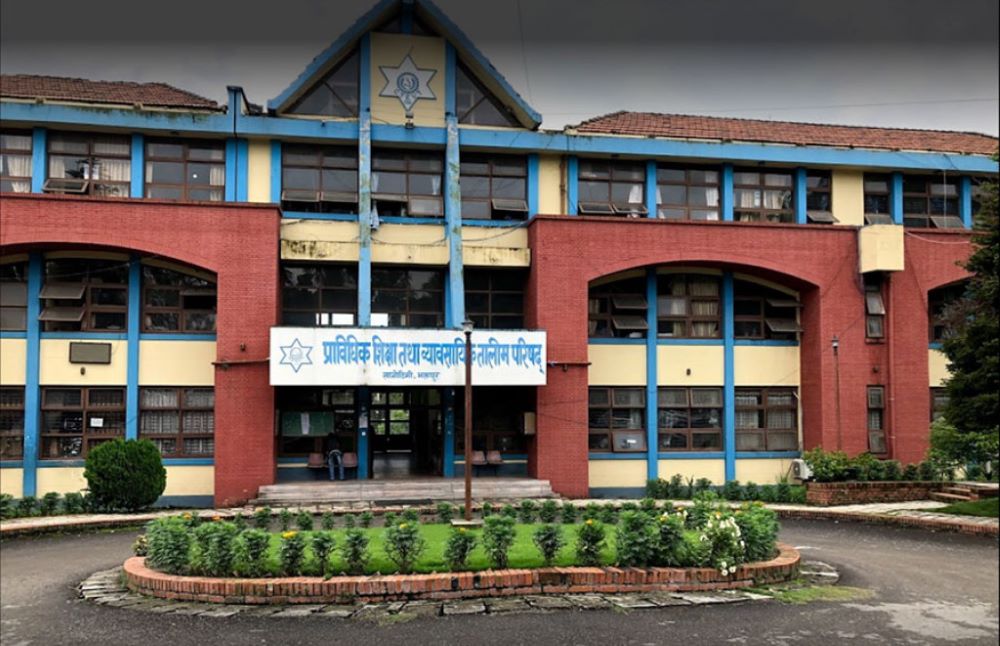






-square-thumb.jpg)
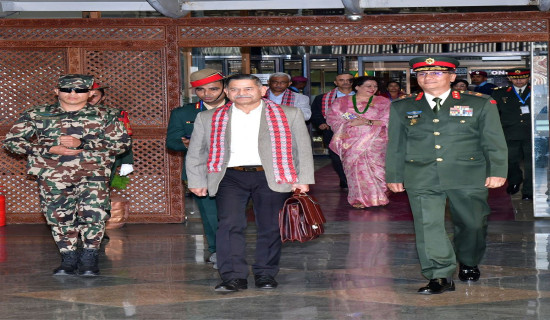
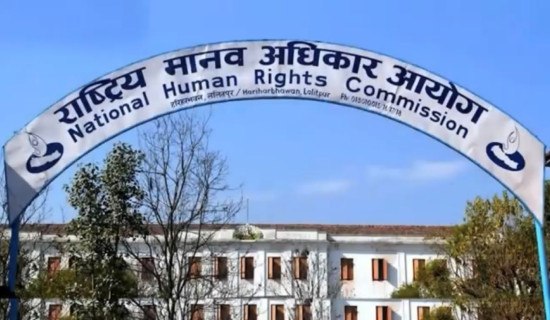
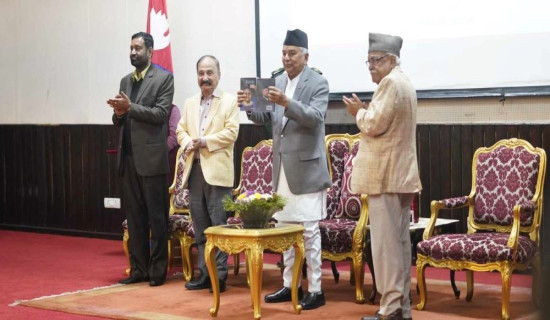
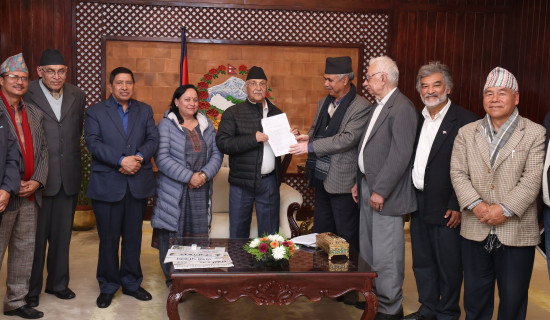
-original-thumb.jpg)
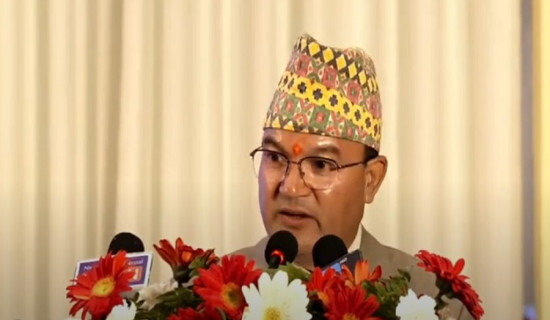
-original-thumb.jpg)
